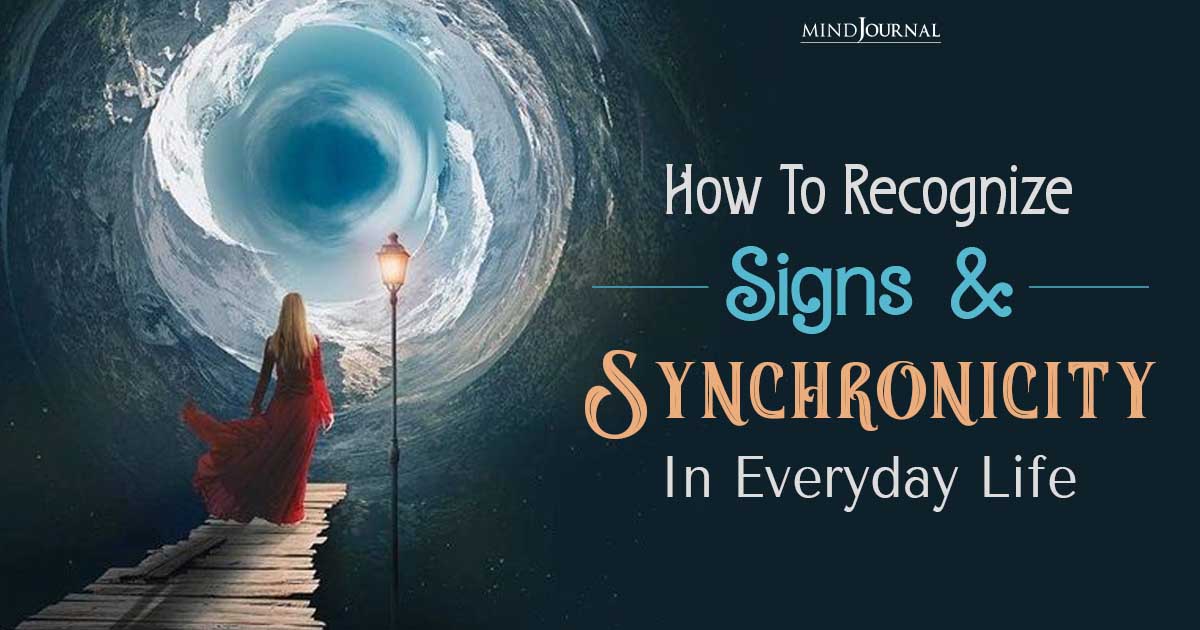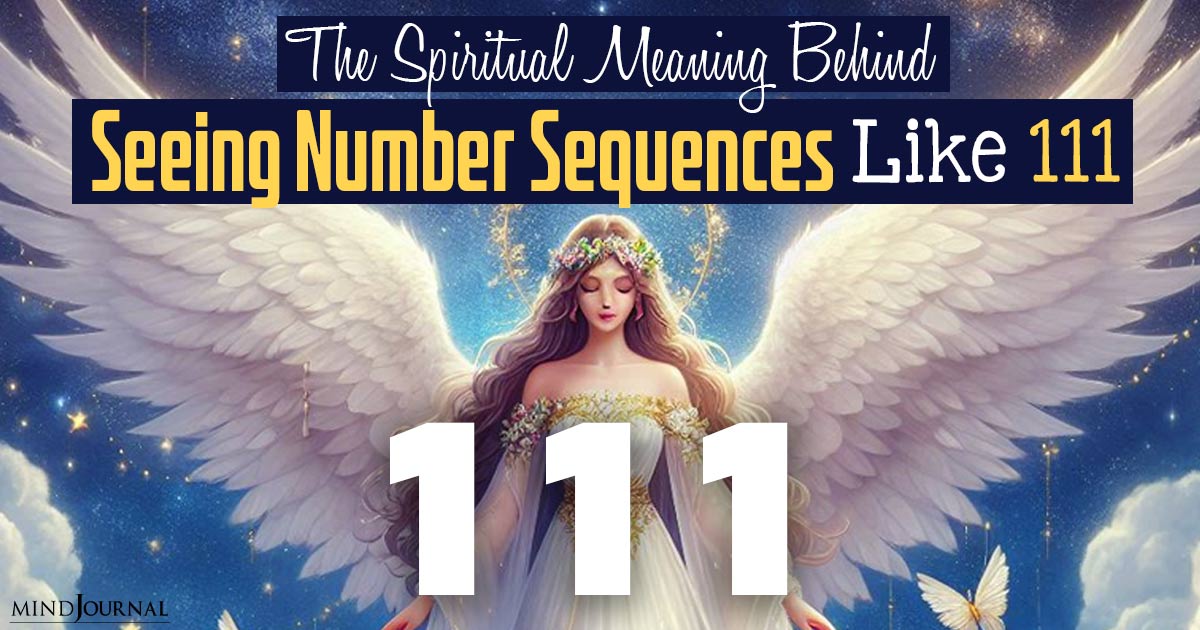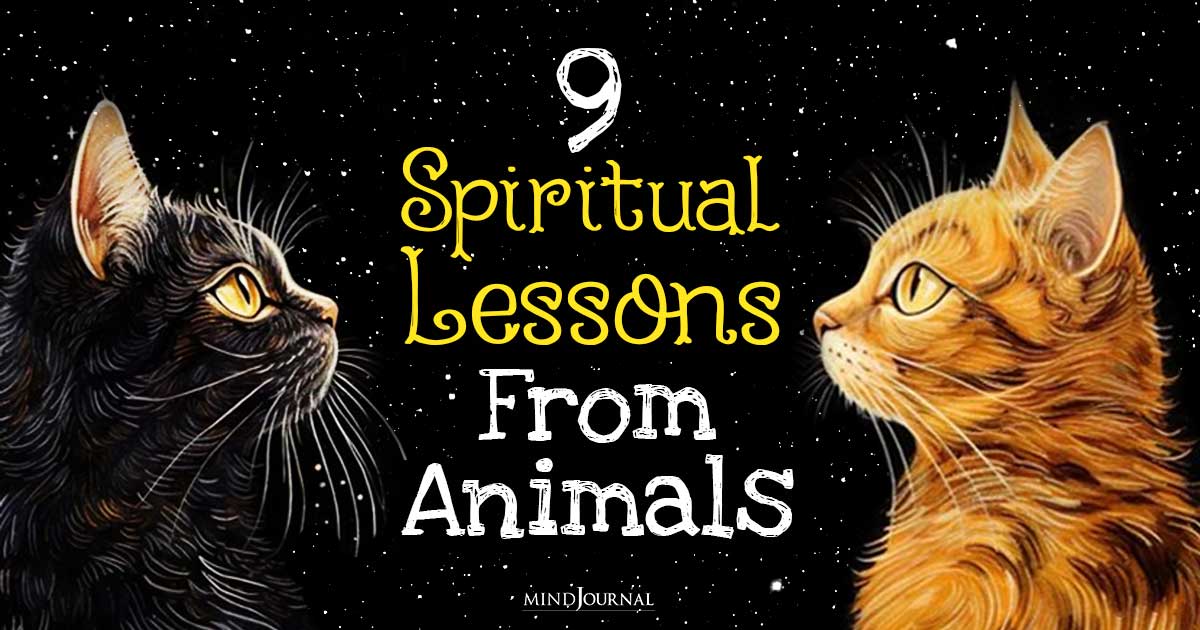Have you ever experienced a crisis in faith? It can be a challenging and overwhelming experience, but it can also be an opportunity for growth and self-discovery. Let us explore what does it mean to have a crisis of faith, common causes, and ways to cope and heal.
Faith is an integral part of many people’s lives. It is often a source of comfort, hope, and guidance during times of uncertainty and difficulty. However, there are moments when our faith can be challenged, and we may find ourselves in crisis.
A crisis of faith can come in many forms, and it can be a difficult and overwhelming experience to navigate.
What is a crisis in faith?
So what does it mean to have a crisis of faith?
Crisis of faith definition: A crisis of faith is a period of doubt or uncertainty in one’s beliefs or spiritual practices.
It can be triggered by a significant life event, such as the loss of a loved one, a traumatic experience, or a major life transition. It can also occur as a gradual questioning of one’s beliefs or due to exposure to different ideas and perspectives.
Faith can become shaky when life hits us with challenges we didn’t see coming. In those moments, we may wonder where God is and why He allowed these difficult circumstances. Doubts creep in and we feel distant from the comfort of our spiritual beliefs.

While crises of faith are normal, they don’t have to throw us off course. With perseverance and the right perspective, we can rediscover inner peace and strengthen our connection to the divine.
Related: Are You Experiencing A Spiritual Crisis? 19 Signs Of Spiritual Emergency And What To Do
Crisis of faith symptoms
A crisis in faith can manifest in different ways and can vary from person to person. Some common crisis of faith symptoms may include:
- Doubt and uncertainty about one’s beliefs
- Loss of interest in spiritual practices or rituals
- Feeling disconnected or distant from one’s faith community or higher power
- Confusion and difficulty making decisions related to spiritual beliefs
- Fear, anxiety, or guilt related to questioning one’s beliefs
- Feeling a sense of betrayal or disillusionment with religious institutions or leaders
- Searching for new spiritual or philosophical beliefs
- Feeling a sense of emptiness or lack of purpose
It is important to note that experiencing one or more of these symptoms does not necessarily mean that someone is experiencing a crisis of faith. It is normal for individuals to question and reevaluate their beliefs throughout their lifetime.
However, if these symptoms persist or significantly impact one’s daily life, it may be beneficial to seek support from a trusted friend, family member, or spiritual advisor.
Read 7 Laws Of Karma By Shiva: Understanding The Divine Path To Enlightenment
Causes of a crisis in faith
According to crisis of faith definition, life changes and revelations can cause us to question our faith. Some of the most common factors that may trigger a crisis of faith include –
- Job loss or unemployment
- Health issues
- Strained relationships
- Financial difficulties
- Loss of a loved ones
- Learning of suffering around the world that seems at odds with a loving God
- A lack of immediate answers to prayers
- Experiencing hypocrisy within religious institutions
- Loss of trust in religious institutions or leaders due to scandals or controversies
- Conflict between personal beliefs and the teachings of one’s religion
- Witnessing suffering and injustice
- Experiencing a personal tragedy
When faith wavers, try to remember that crises often prompt spiritual growth. Our beliefs are tested and emerge stronger on the other side.
How to cope with crisis of faith
Coping with a crisis of faith can be a challenging experience, but there are several ways to navigate this difficult time. Here are some coping strategies that may be helpful:
1. Seek support
It can be helpful to talk to someone you trust, such as a friend, family member, or spiritual leader, about your doubts and concerns. They can provide a listening ear, offer guidance, and help you to process your feelings.
Related: Mandala Meaning: How the Sacred Circle Helps Us Reconnect With Ourselves
2. Engage in self-reflection
Take time to reflect on your beliefs, values, and spiritual practices. This can include exploring different perspectives, reading spiritual texts, and engaging in prayer or meditation.
This can help to provide clarity and perspective on your beliefs and can help you to find a renewed sense of purpose.
3. Practice self-care
Taking care of yourself emotionally, physically, and mentally is crucial during a crisis of faith. This can include engaging in activities that bring you joy, such as exercise, hobbies, or spending time in nature and with loved ones.
4. Explore new spiritual practices
Engaging in new spiritual practices or rituals can help to provide a sense of connection and purpose. This can include attending religious services, participating in a spiritual retreat, or exploring different spiritual traditions.
5. Be patient with yourself
Healing from a crisis of faith is a personal journey that can take time and patience. Be gentle and compassionate with yourself throughout this process and remember that it is natural to ask questions and have doubts at times.
Healing from a crisis in faith
Healing from a crisis of faith is a personal journey that can take time and patience. It is important to be gentle and compassionate with oneself throughout this process.
Seeking out a supportive community or engaging in service to others can also be helpful in finding a sense of purpose and connection. Ultimately, healing from a crisis of faith involves a re-examination and reaffirmation of one’s beliefs and values.

Takeaway
A crisis of faith can be a challenging and overwhelming experience, but it can also be an opportunity for growth and self-discovery.
By seeking support, engaging in self-reflection, and being patient with oneself, it is possible to navigate this experience and emerge with a deeper sense of purpose and connection to one’s beliefs and spirituality.
Remember that it is okay to question and doubt, and that this can lead to a stronger and more authentic faith.
Related: The Problem With Faith: 11 Ways Religion Is Destroying Humanity
Frequently Asked Questions (FAQs):
What does it mean to have a crisis of faith?
A crisis of faith is a period of doubt or uncertainty in one’s beliefs or spiritual practices, often triggered by significant life events.
What causes a crisis of faith?
A crisis of faith can be triggered by personal tragedy, exposure to different ideas, conflicts with teachings, or loss of trust in religious institutions.
How do you deal with a faith crisis?
Coping with a crisis of faith involves seeking support, self-reflection, self-care, exploring new spiritual practices, and being patient with oneself.









Leave a Reply
You must be logged in to post a comment.